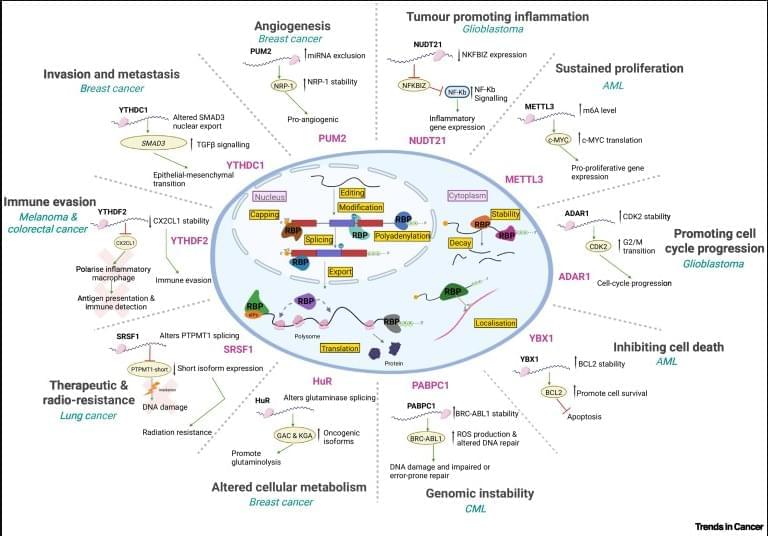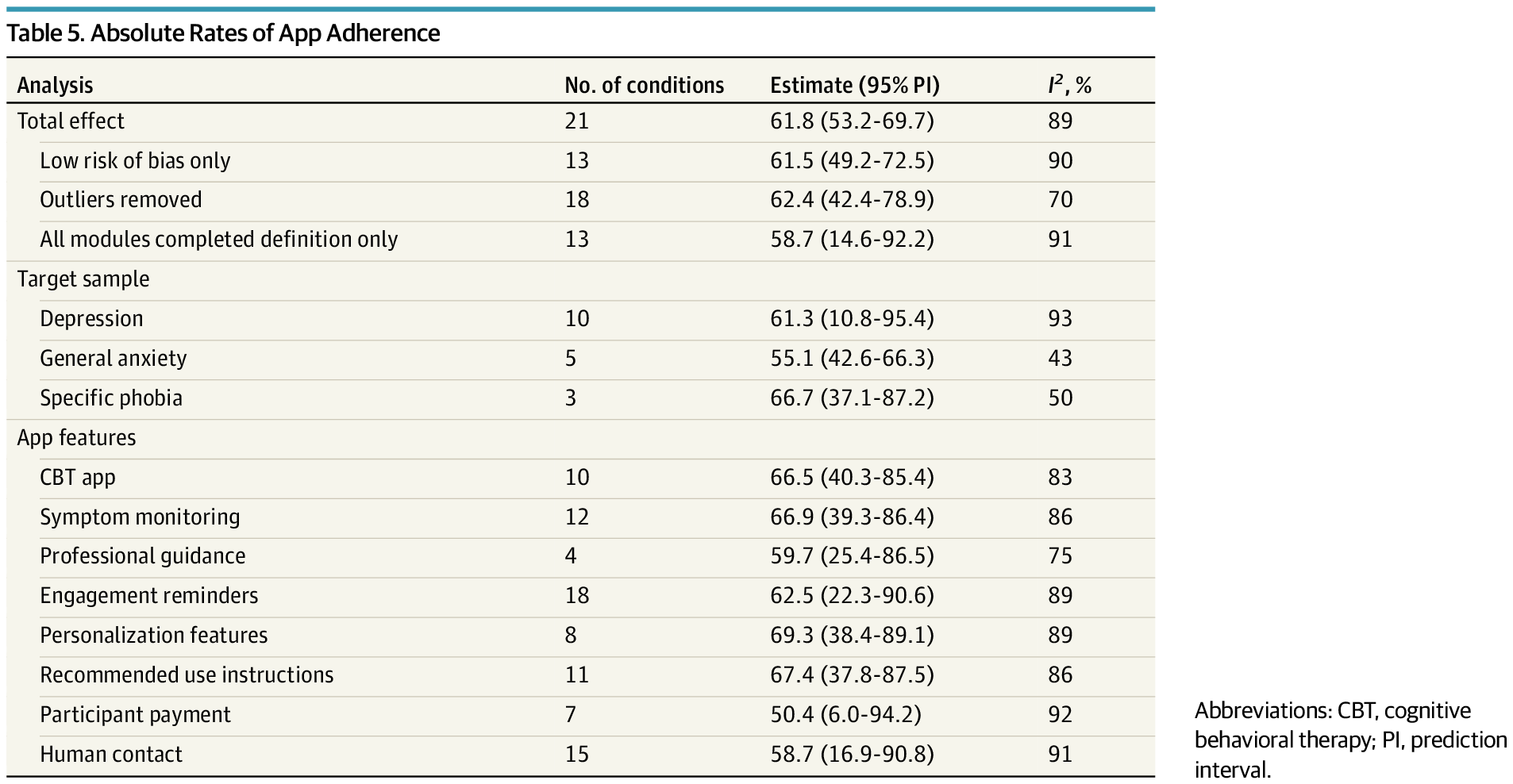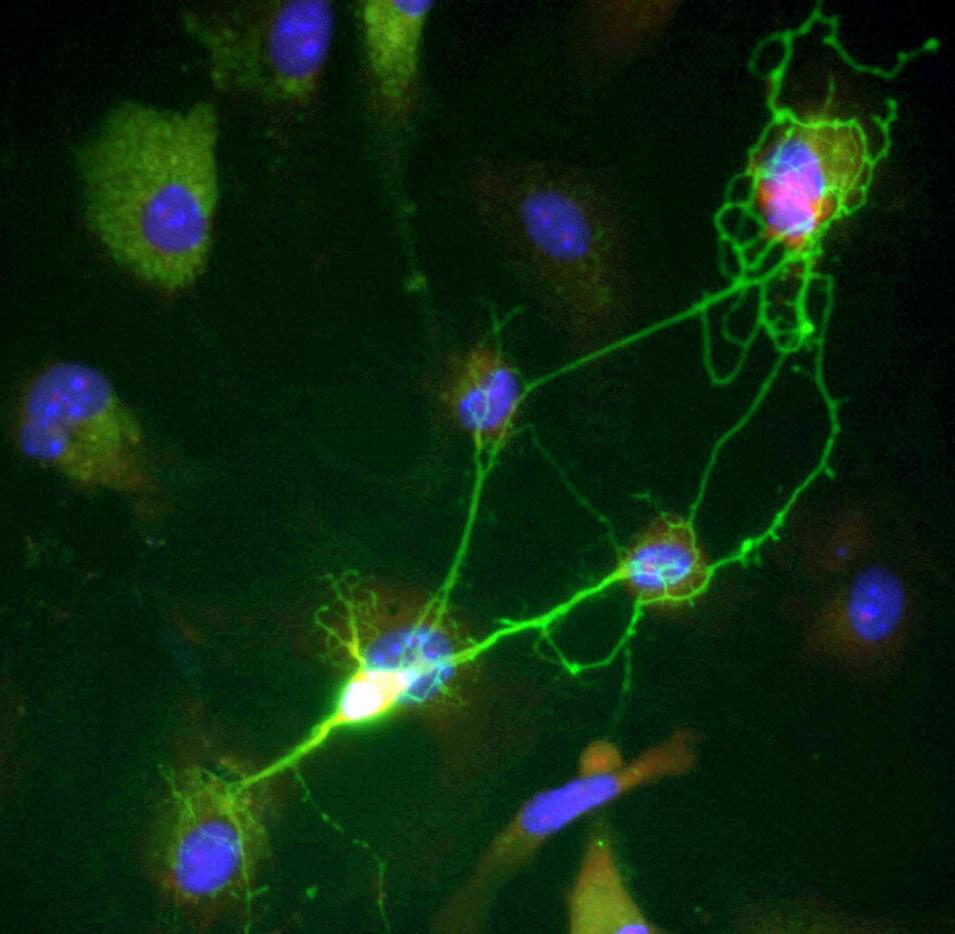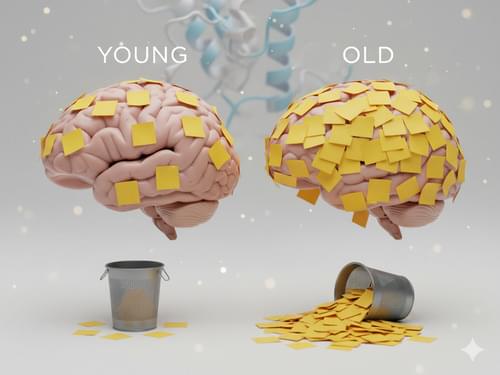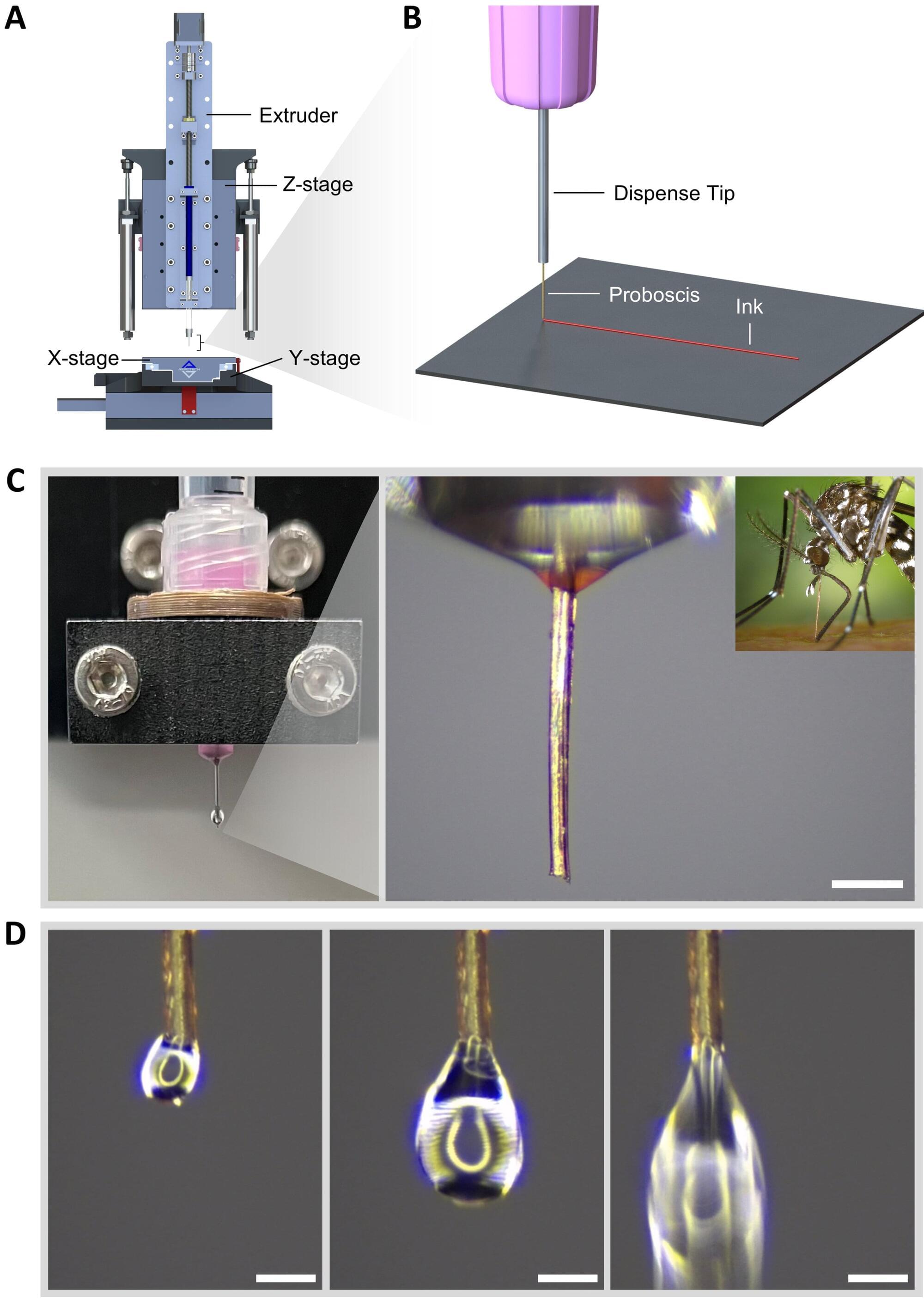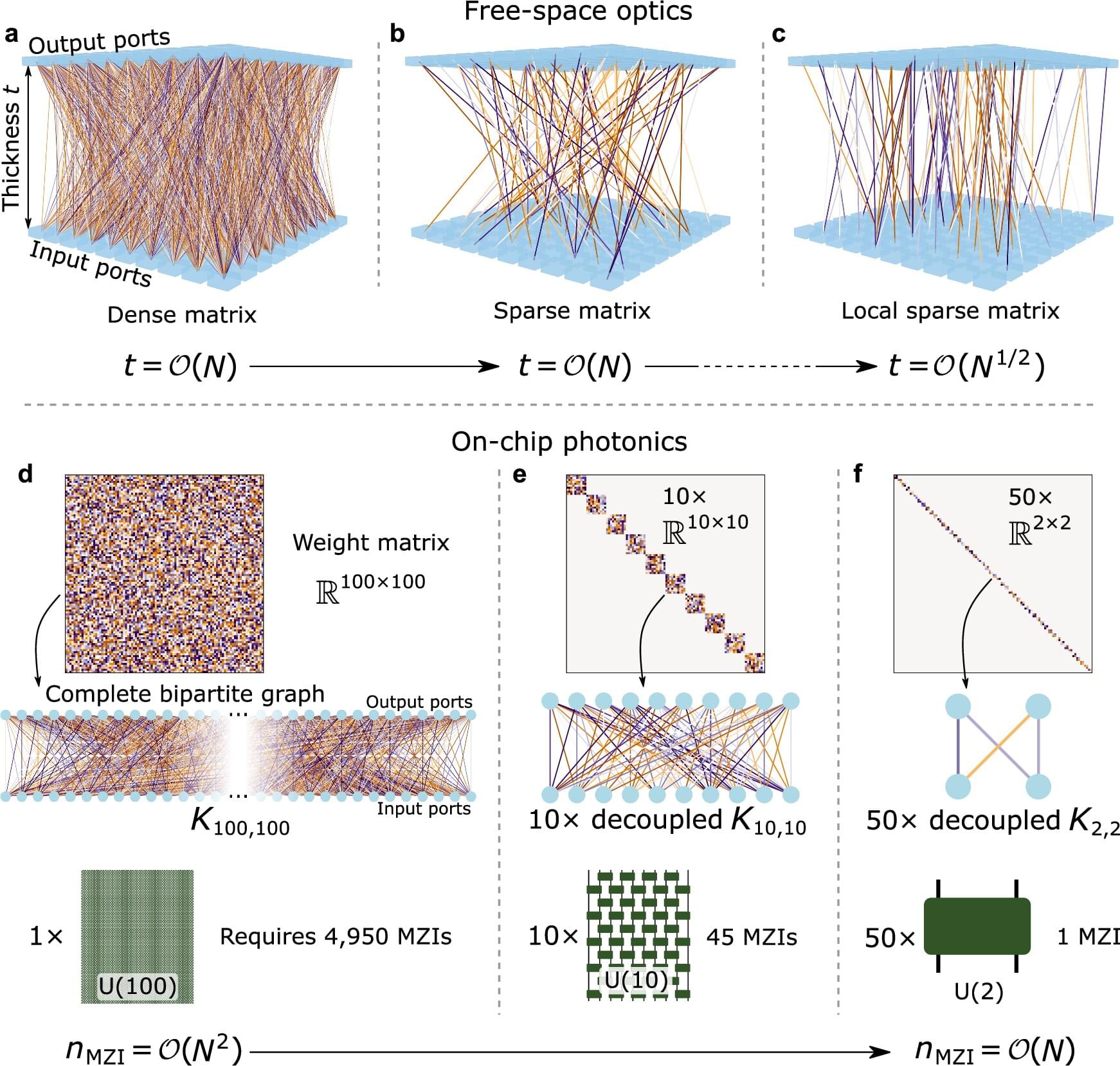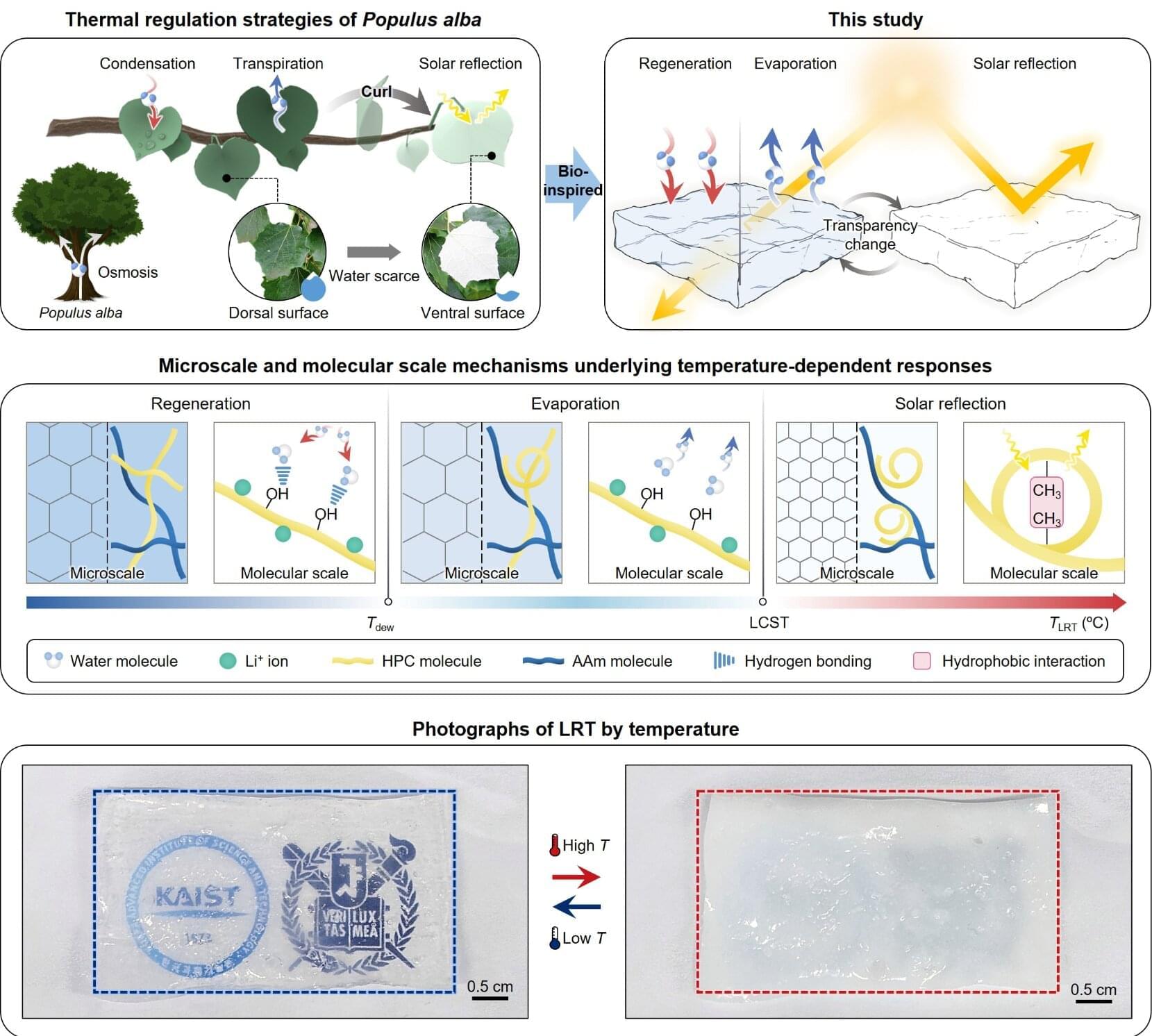Today, the European Space Agency’s Argonaut lunar lander programme welcomes new members to its growing family. At ESA’s European Astronaut Centre (EAC) near Cologne, Germany, Thales Alenia Space Italy – the prime contractor for Argonaut’s first lander – signed agreements with Thales Alenia Space in France, OHB in Germany, and Thales Alenia Space and Nammo in the United Kingdom.
Argonaut represents Europe’s autonomous, versatile and reliable access to the Moon. Starting with the first mission in 2030, Argonaut landers will be launched on Ariane 6 rockets, each delivering up to 1.5 tonnes of exploration-enabling cargo to the Moon’s surface, from scientific instruments and rovers to vital resources for astronauts such as food, water and air.
Earlier this year, ESA selected Thales Alenia Space Italy to lead the development of the first Argonaut lander, or Lunar Descent Element. Today’s signing ceremony took place in a symbolic location: the LUNA analogue facility at EAC, home to a full-scale Argonaut model – a tangible vision of Europe’s future presence on the Moon.

